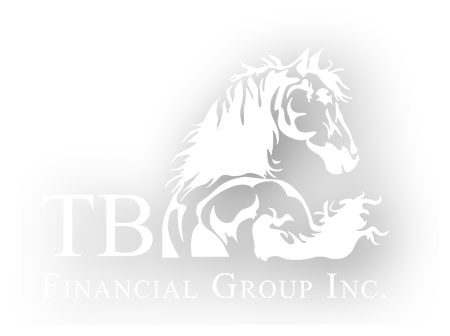Retirement planning should always be a priority, but it may take on added urgency if you are in your 40s. Once you cross 40, you may only have a couple of decades to save for retirement. That may seem like a long time; however, if you make a mistake or fail to save, you could find your ability to live a comfortable retirement is severely limited.
Fortunately, your 40s may also provide you with opportunities to boost your retirement savings. You could find your income is at the highest levels of your career due to your experience and knowledge. Your children may be old enough that you no longer have to pay for things like childcare. And, you could have reduced debt levels, allowing you to allocate more money to retirement savings.
Your 40s could make or break your retirement savings plan. It all depends on the decisions you make. Below are three common mistakes people in their 40s make when it comes to saving for retirement. Avoid these mistakes and you will likely find yourself in a stronger position:
Saving for college instead of retirement.
You likely want to give your children the best education possible. And, you may want to do so without requiring them to take on student loans. However, by saving for college instead of retirement, you may be putting yourself in a precarious financial position.
Remember, your children have other financing options for college. They can take out loans. They may qualify for grants or scholarships. They can even work part-time or commute to a local college to save money.
There are not loans or scholarships for retirement. Saving for college is an admirable goal, but don’t do it at the expense of your retirement savings.
Not adjusting your investment allocation.
One common retirement planning mistake is keeping the same investment allocation for a long period of time. That approach could be risky as you get older.
When you’re younger, you may be able to tolerate more risk and volatility in your portfolio since you have a longer period of time until you retire, and you’ll likely have more time to recover if the market experiences a significant decline.
However, as you get older, your window for recovery shrinks. If you experience a significant decline in your 40s or 50s, you may not have time to rebound before retirement. That doesn’t mean you should avoid risk altogether. However, it may be wise to review your investment allocations and see if you should make adjustments to reduce potential volatility.
Skimping on your 401(k) and IRA contributions.
You may see your income rise throughout your 40s and into your 50s. Many people hit career peaks in their 40s as their years of experience and hard work start to payoff.
As your income rises, consider also increasing your contribution levels to your 401(k) and IRAs. Even increasing your contribution by a single percentage point could make a big difference in your savings. Each time you get a raise, consider making a permanent increase to your contribution levels.
Want to bolster your retirement savings plan? Contact us at TB Financial Group. We welcome the opportunity to help you plan for a comfortable and enjoyable retirement. Let’s connect soon and start the conversation.
This information is designed to provide a general overview with regard to the subject matter covered and is not state specific. The authors, publisher and host are not providing legal, accounting or specific advice for your situation. By providing your information, you give consent to be contacted about the possible sale of an insurance or annuity product. This information has been provided by a Licensed Insurance Professional and does not necessarily represent the views of the presenting insurance professional. The statements and opinions expressed are those of the author and are subject to change at any time. All information is believed to be from reliable sources; however, presenting insurance professional makes no representation as to its completeness or accuracy. This material has been prepared for informational and educational purposes only. It is not intended to provide, and should not be relied upon for, accounting, legal, tax or investment advice.
15606 – 2016/4/28

